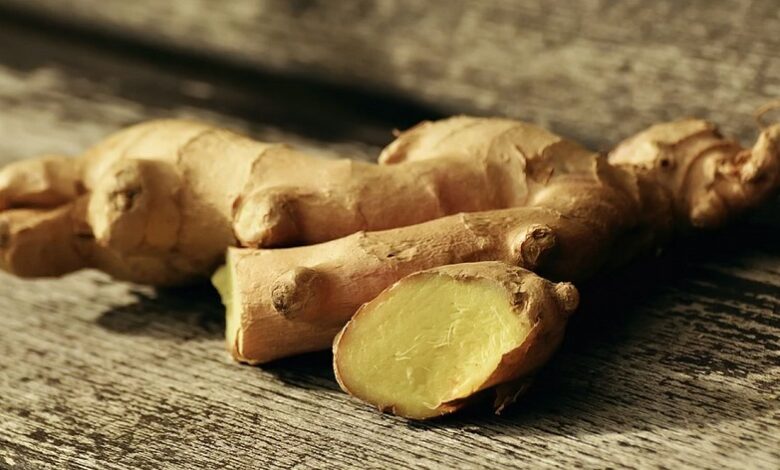Does Ginger Increase Testosterone?

In the world of fitness and wellness, testosterone is often regarded as the holy grail hormone for men. It plays a vital role in muscle growth, bone density, and overall vitality. Naturally, many individuals seek ways to naturally boost their testosterone levels. One popular natural remedy that has gained attention is ginger. In this article, we will delve into the question: Does ginger increase testosterone? Let’s explore the potential benefits and scientific evidence surrounding ginger and its impact on testosterone levels.
Understanding Testosterone
Before we delve into the effects of ginger on testosterone, let’s have a brief understanding of testosterone itself. Testosterone is a hormone produced primarily in the testicles in men and, to a lesser extent, in the ovaries of women. It is responsible for the development of male reproductive tissues and plays a crucial role in promoting muscle and bone growth. In addition, testosterone influences mood, libido, and overall energy levels. Speaking of ginger, have you tried ginger ale with real ginger? It’s a refreshing and healthy alternative to traditional soda.
The Potential Benefits of Ginger
Ginger, scientifically known as Zingiber officinale, is a flowering plant that has been used for centuries in traditional medicine for its various health benefits. It possesses anti-inflammatory, antioxidant, and antimicrobial properties. While ginger is widely recognized for its role in digestive health and alleviating nausea, recent studies have investigated its potential impact on testosterone levels.
Ginger and Testosterone: The Research
Although ginger has a long history of traditional use, the scientific research exploring its effects on testosterone levels is relatively limited. However, the existing studies provide some intriguing insights. In a study published in the Journal of Food Sciences and Nutrition, researchers found that ginger supplementation significantly increased testosterone levels in rats. Another study conducted on infertile men revealed that ginger supplementation improved testosterone levels and sperm health.
While these studies suggest a positive correlation between ginger consumption and testosterone, it is important to note that further research is required to establish a definitive link in human subjects. It is always advisable to consult with a healthcare professional before making any significant changes to your diet or lifestyle.
The Mechanism Behind Ginger’s Potential Effect
The exact mechanism through which ginger may impact testosterone levels is not yet fully understood. However, it is believed that ginger’s bioactive compounds, such as gingerols and shogaols, may play a role. These compounds have demonstrated anti-inflammatory properties and antioxidant effects, which can contribute to overall hormonal balance.
Incorporating Ginger into Your Diet
If you are intrigued by the potential benefits of ginger on testosterone levels, there are several ways to incorporate it into your diet. Fresh ginger can be grated and added to teas, smoothies, or stir-fries for a zesty kick. Additionally, ginger supplements are available in capsule or powdered form, providing a convenient option for those seeking higher concentrations.
The Importance of a Balanced Approach
While ginger may offer some potential benefits for testosterone levels, it is essential to adopt a holistic approach to optimize hormonal health. Testosterone levels can be influenced by various factors, including diet, exercise, sleep, and stress management. Engaging in regular physical activity, consuming a nutrient-rich diet, managing stress levels, and getting sufficient sleep are crucial for overall well-being and hormonal balance.
Conclusion
Ginger shows promise in its potential to impact testosterone levels positively. While scientific studies on the subject are limited, preliminary research suggests that ginger supplementation may have a positive effect on testosterone levels in certain cases. However, it is important to remember that individual responses may vary, and further research is needed to establish a conclusive link. If you are considering incorporating ginger into your routine, consult with a healthcare professional to ensure it aligns with your specific needs and overall health goals.




